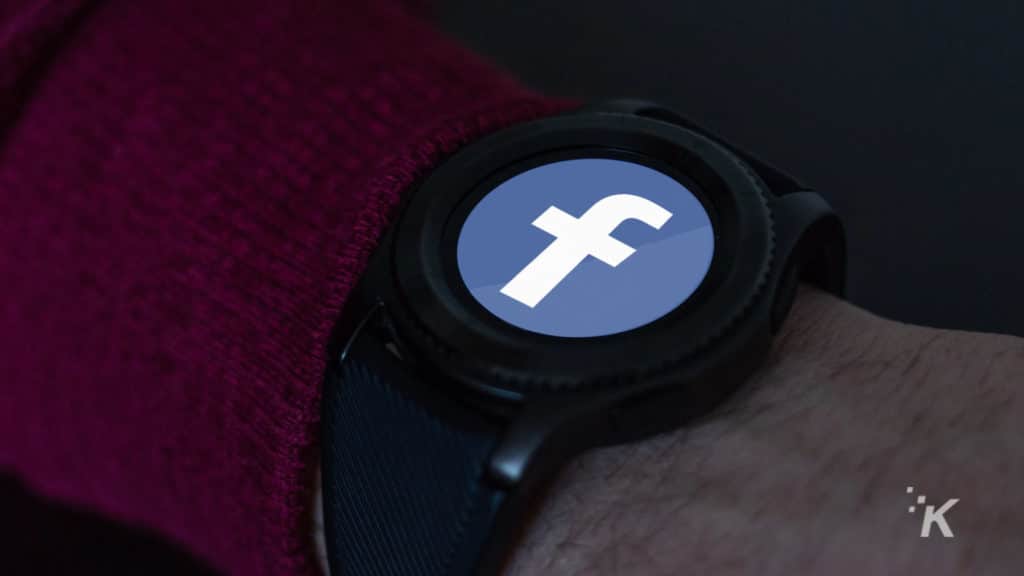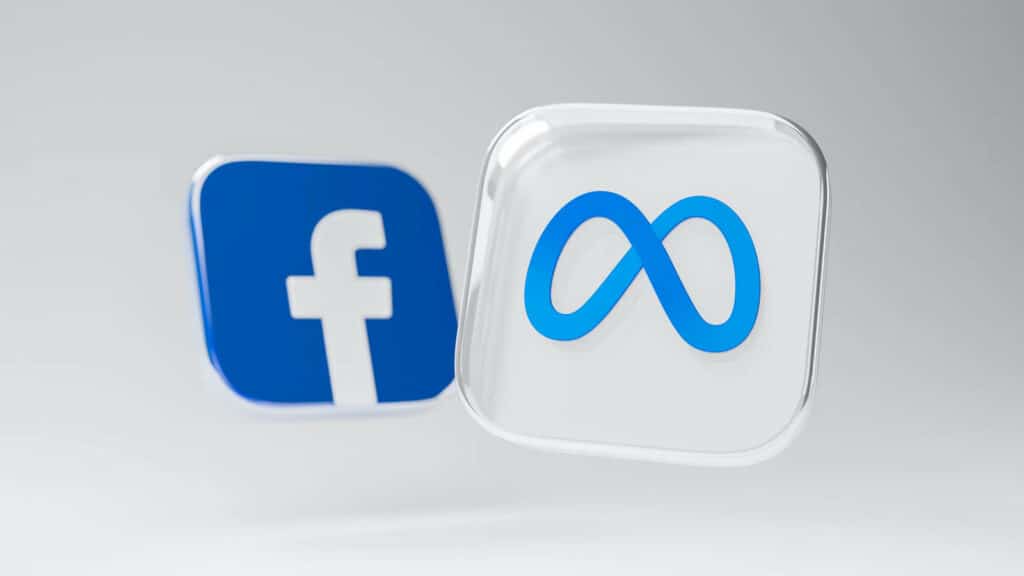News
Meta just killed the Portal and its unreleased smartwatch
Meta isn’t a hardware company – and that’s okay.

Just a heads up, if you buy something through our links, we may get a small share of the sale. It’s one of the ways we keep the lights on here. Click here for more.
Meta — formerly Facebook — has reportedly killed its Portal line of video-chatting devices and its unreleased smartwatch.
The company previously said it would cease selling Portal to consumers, and would instead re-work the device to meet business needs.
This move would pit Facebook against incumbent enterprise video conferencing heavyweights like Cisco, Plantronics, and Logitech.
But now, just a few months later, the company has changed its mind.
According to Meta’s Chief Technology Officer (CTO) Andrew Bosworth, reworking Portal to meet the needs of corporate customers would be too expensive and time-consuming.
“It was just going to take so long, and take so much investment to get into the enterprise segment, it felt like the wrong way to invest your time and money,” he said.
The Meta watch

Meta’s long-rumored smartwatch is somewhat of an unknown quantity.
We know development was at an advanced stage based on previous leaks, with Meta reportedly working on second and third-generation models.
The device reportedly focused on messaging, photography, and video recording. Given Meta’s dominance in the messaging market and its ownership of Instagram, this makes logical sense.
And it would differentiate the product from other fitness-centric smartwatches, like the Pixel Watch and Apple Watch.
Meta reportedly plans to focus its hardware resources on bringing augmented reality glasses to market — and, in the process, succeeding where the widely-panned (though technically brilliant) Google Glass failed.
To bring this ambition to life, the company has reportedly partnered with Ray-Ban, a purveyor of pricey sunglasses.
A tough year for Meta

It would be an understatement to say Meta has had a tough year. Even by the standards of the controversy-prone social network, which faces a demographic crisis and an uncertain future, 2022 has been brutal.
Sure, it faces the same challenges as other tech companies, particularly those in the social media space.
Apple’s App Tracking Transparency (ATT) continues to worsen the effectiveness of Facebook advertising and is expected to cost the company $12.8bn in 2022 alone. This is nearly $3bn higher than the previous estimate.
Meanwhile, rising interest rates will make it harder to raise funds. Any cash it raises will come with more strings attached, or will simply cost more.
But some of Meta’s woes are of its own creation. The company’s pivot to the Metaverse is yet to produce any real results. It likely won’t for several more years. Consumer enthusiasm for Horizon Worlds remains tepid at best.
Since January, Meta shares have lost nearly two-thirds of their value. This, in turn, makes it harder for Facebook to raise money by simply issuing new stock, or by selling existing shares (something called equity financing).
Difficult decisions

And so, Meta now faces tough decisions. Last week, the company laid off 11,000 workers — or more than one-in-eight employees.
The casualties included both engineers and development professionals, as well as those in business roles (like sales, marketing, admin, and so on).
With a smaller workforce, Facebook must be disciplined when choosing products to work on. And so, it’s choosing to focus on its existing (and successful) products, as well as its metaverse moonshot.
There are historical parallels here. After Steve Jobs’ triumphant return to Apple in 1997, he culled 3,000 jobs and 70 percent of the company’s product lineup.
Although painful, this was the right thing to do. Apple emerged stronger and more focused as a result.
There’s every chance that the same could happen here as Meta narrows its focus. And, frankly, Meta isn’t a hardware company. Sure, Oculus was a success, but that was a company that already existed.
Meta isn’t a hardware company

Portal arrived too late to meaningfully capture any market share. Amazon and Google were simply too entrenched for Meta to make any progress.
Similarly, its smartwatch would be yet another product in a crowded market, where most consumers already have firmly-established preferences and loyalties.
And who can forget Meta’s brief foray into the smartphone market in 2013, when it teamed up with Taiwanese smartphone manufacturer HTC to produce the HTC First?
It was, not to put too fine a point on it, a disaster. One it would never repeat again.
In short, Meta isn’t a hardware company – and that’s okay
There is a silver lining to this. Meta is offloading its remaining Portal devices at firesale prices. It plans to continue selling the remaining hardware until the end of this year, or while stock lasts.
The company says that consumers “may see changes to the experiences and apps available,” but “many experiences on Meta Portal will remain and be supported.” For how long, however, nobody knows.
Have any thoughts on this? Carry the discussion over to our Twitter or Facebook.
Editors’ Recommendations:
- The Pixel Tablet is a welcome return to the space for Google
- Foldable iPad reportedly coming before a foldable iPhone (updated)
- Meta: Instagram users spend over 20% of their time watching Reels
- This secret Facebook tool removes your phone number and email































